Brandenburg University of Technology Cottbus - Senftenberg (BTU)
Brandenburg University of Technology Cottbus - Senftenberg is currently the second largest university and the only technical university in the state of Brandenburg with 7,600 students. In Lusatia, the BTU makes an important contribution to society, culture and the economy through knowledge and technology transfer and continuing education. The project's subject area "General Economics with a Focus on Energy and Environmental Economics" deals with changes in social systems and the energy industry that are triggered by environmental problems and innovations.
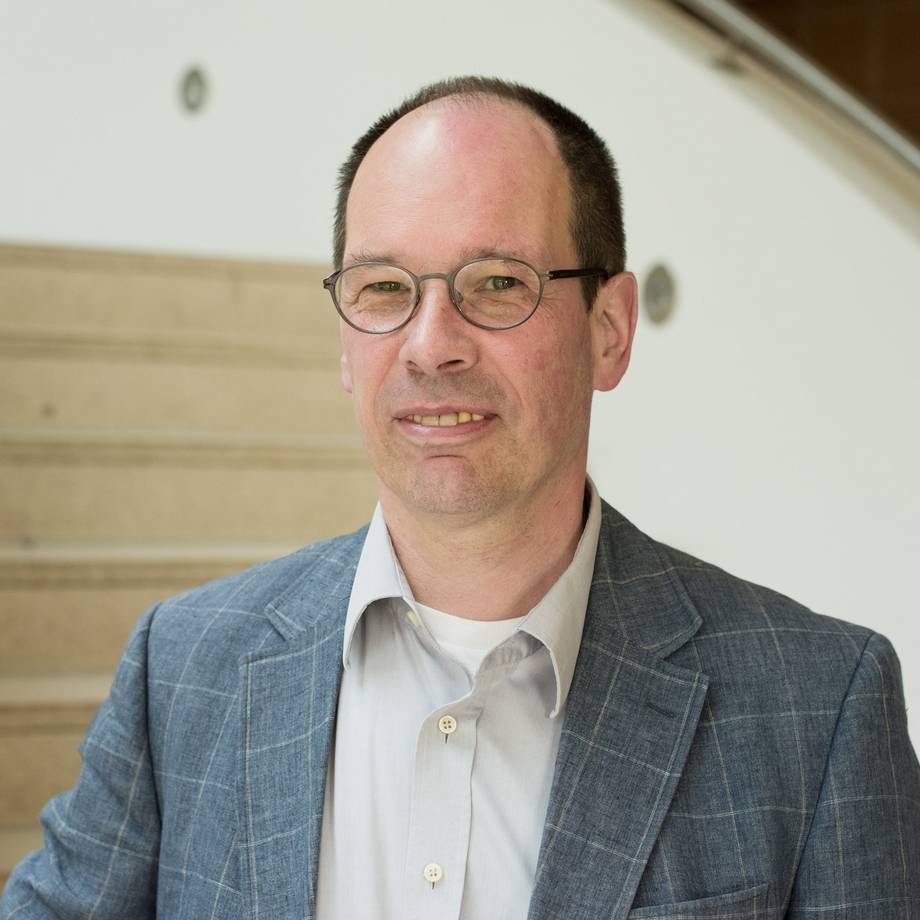
Prof. Dr. Stefan Zundel
Prof. Zundel is project coordinator. He heads the department "General Economics with a focus on Energy and Environmental Economics" at BTU. Together with his colleague Marius Nagel they are responsible of the subproject 2a "Development potentials".
Prof. Dr. Wolfram Berger heads the chair "Economics, in particular Macroeconomics". Prof. Berger and Prof. Schnellenbach jointly supervise the subproject "Governance".
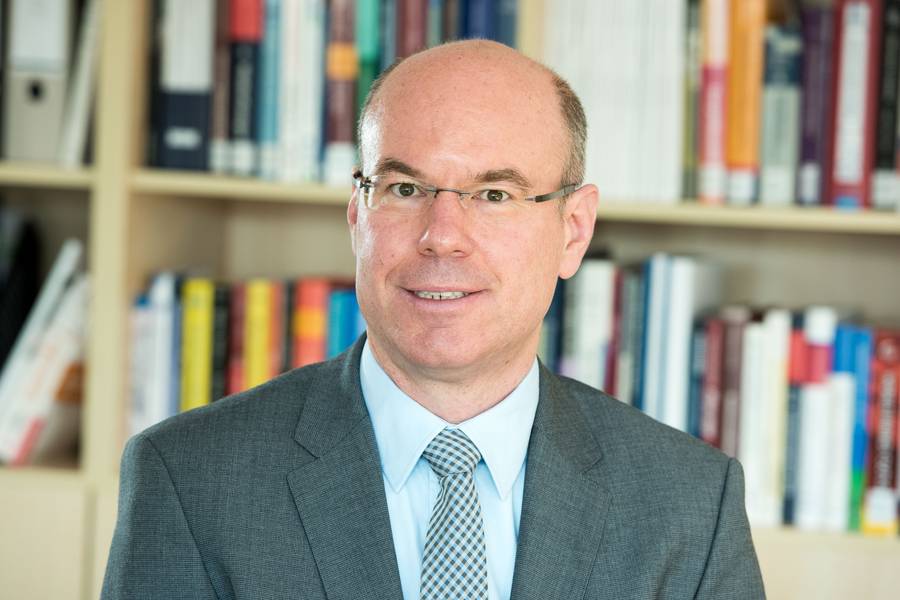
Prof. Dr. Felix Müsgens
Prof. Müsgens is Professor of Energy Economics at the Technical University of Brandenburg and holds the chair of "Energy Economics". Together with his colleague Daniel Scholz they are working on subproject 1 "Scenarios".
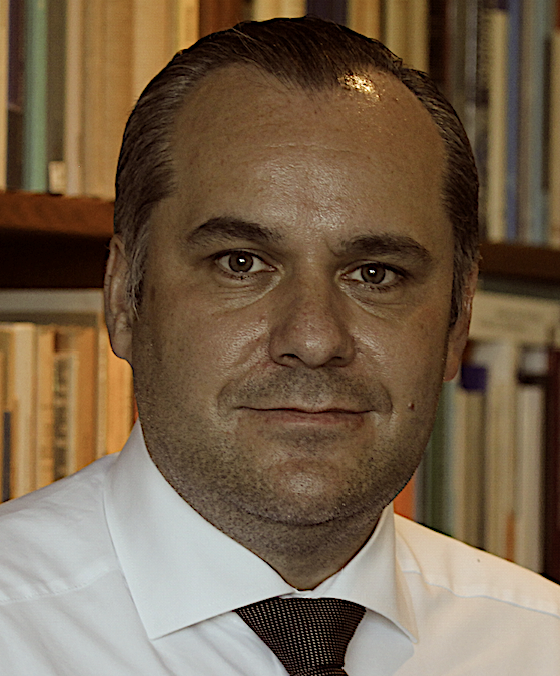
Prof. Dr. Jan Schnellenbach
Prof. Schnellenbach holds the chair "Economics, especially Microeconomics" and together with Prof. Berger and her team is responsible for subproject 3 "Governance".
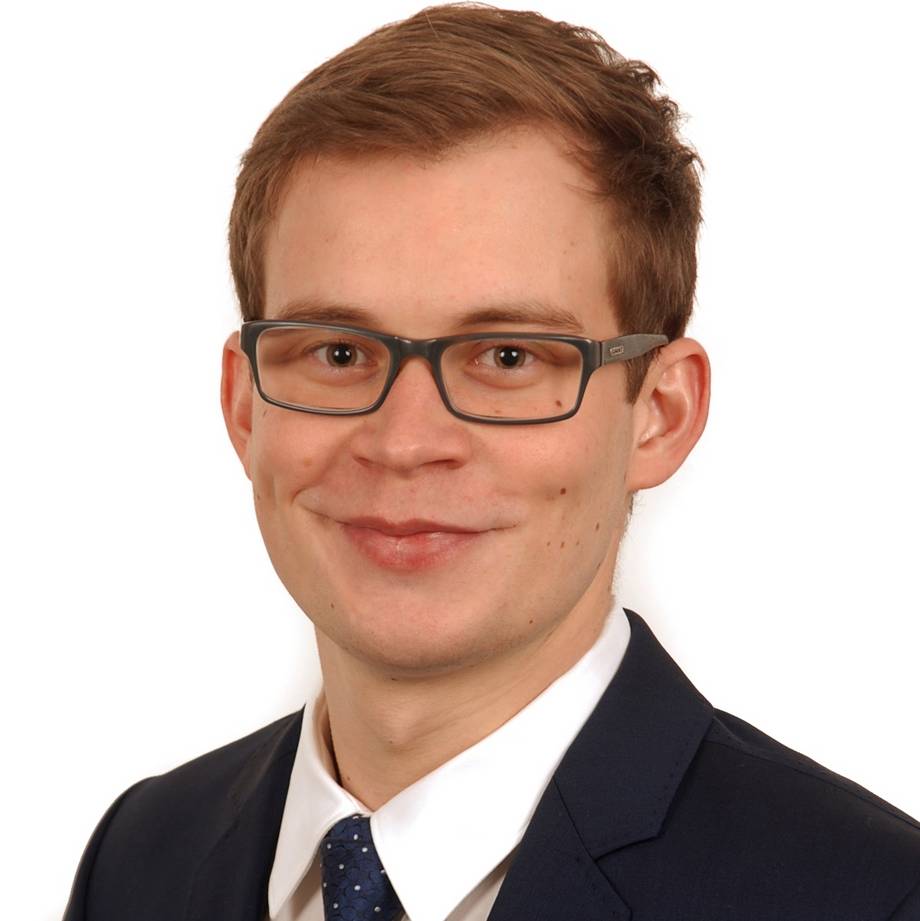
Marius Nagel, M.Eng.
Marius Nagel is a research assistant in Prof. Zundel's team and is jointly responsible for subproject 2a "Development potentials".
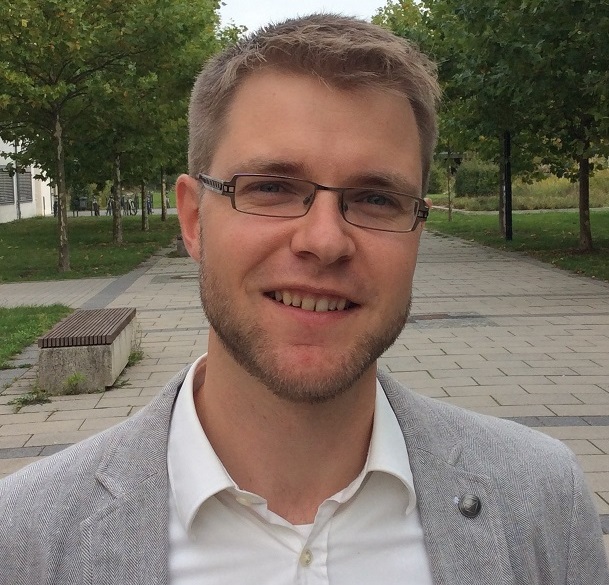
Dipl.-Wi.-Ing. Daniel Scholz
Together with Prof. Müsgens, Daniel Scholz is responsible for the first subproject "Scenarios".
Cheng-Wen Jaw, M.Sc.
Mr. Jaw supports Prof. Berger and Schnellenbach in their subproject 3 "Governance".
Technische Universität Dresden (TUD)
The Technische Universität Dresden (TUD) is one of the largest technical university in Germany and one of the leading and most dynamic universities in Germany. As a full-curriculum university with 18 faculties in five schools it offers a broad variety of 121 disciplines and covers a wide research spectrum. Its focuses of Biomedicine, Bioengineering, Materials sciences, Information technology, Microelectronics as well as Energy and Environment are considered exemplary in Germany and throughout Europe.
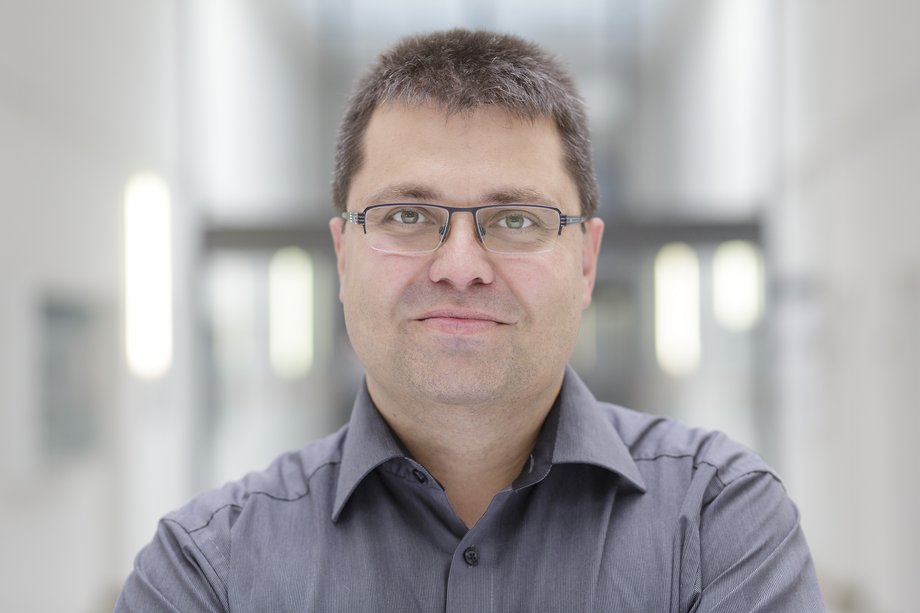
Dr. Gunther Markwardt
Dr. Markwardt is a research assistant at the Chair of "Economics, in particular Finance".
Institute for Ecological Economy Research (IÖW)
The IÖW is a leading scientific institute in the field of practice-oriented sustainability research. It devises strategies and approaches for viable, long-term economic activity – for an economy which enables a good life and preserves natural resources. At the IÖW, scientists from different disciplines work together in teams – economists and engineers, sociologists and psychologists. Their common task is to recognise and identify the causes of social challenges and develop possible solutions.
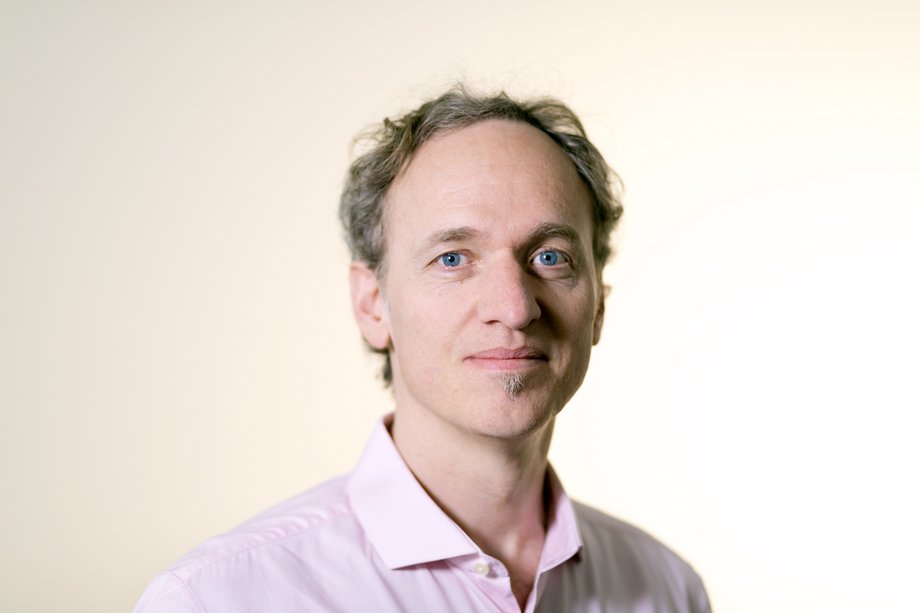
Prof. Dr. Bernd Hirschl
Prof. Hirschl is head of the research field "Climate and Energy" at the IÖW and at the same time head of the department "Management of Regional Energy Supply Structures" at the BTU. Together with his colleagues, he is responsible for subproject 2b.
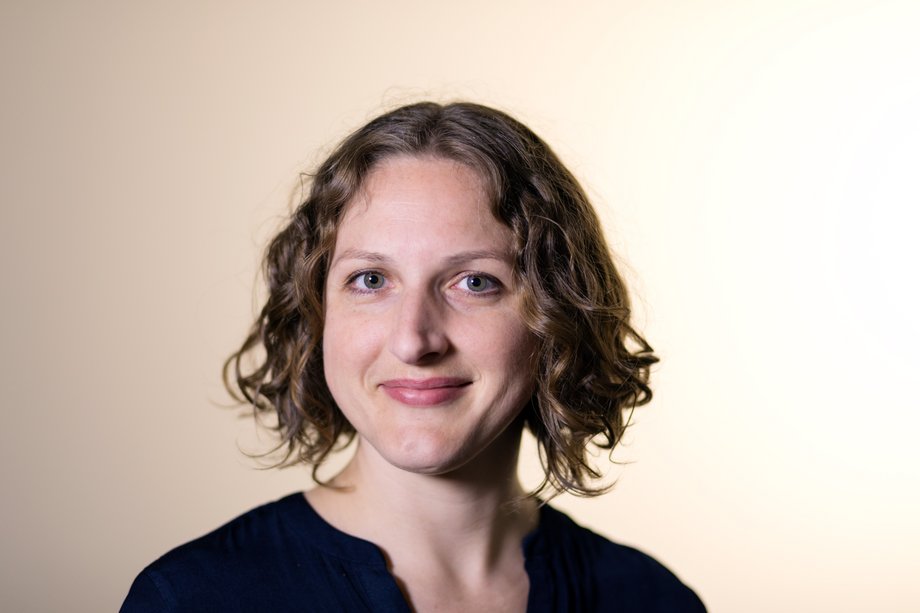
Diploma Geoecologist Katharina Heinbach
Katharina Heinbach is a scientific assistant at the IÖW and supports Prof. Hirschl in subproject 2b.
The Halle Institute for Economic Research (IWH)
IWH’s founding mission was to carry out research on the economic transition in East Germany and Central and Eastern Europe. Transition comes along with institutional changes and processes of adaption and offers both a rich source of economic questions and the possibility – when considered a “natural experiment” – to apply modern scientific methods. Anyhow the transformation of the formal institutions has been completed. IWH’s tasks are economic research and research-based advising of economic policy. IWH conducts evidence-based research by combining theoretical and empirical methods. In the focus of its research, IWH investigates processes of economic convergence, the role of the financial system regarding the (re-)allocation of production factors as well as the facilitation of productivity and innovation.
PD Dr. Mirko Titze
Dr. Mirko Titze is a research assistant at the IWH. Together with his colleague Dr. Matthias Brachert, they are working on subproject 5 "Demography and Finances".
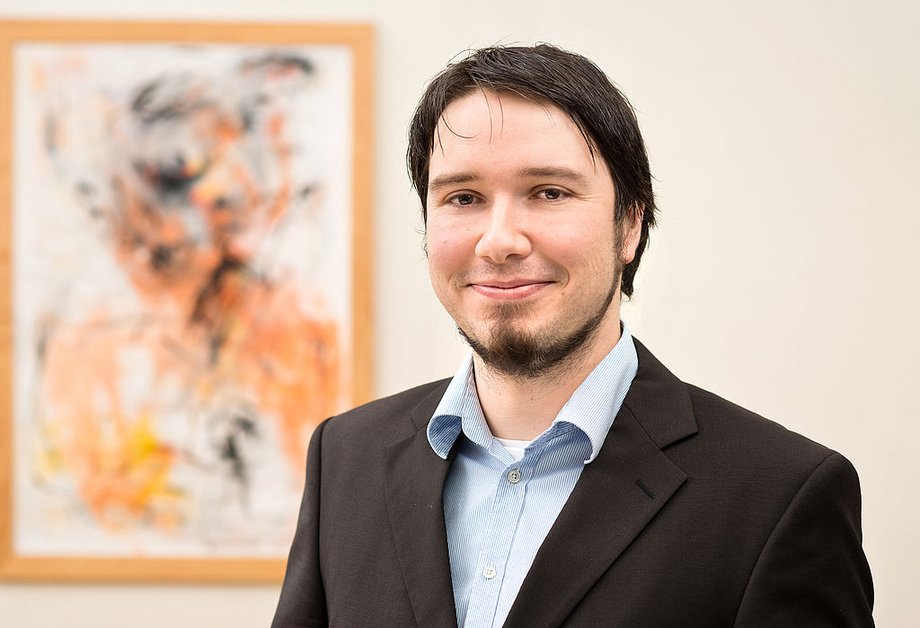
Dr. Matthias Brachert
Dr. Matthias Brachert has been a research assistant in the department of structural change and productivity at the IWH since 2007 and is jointly responsible for subproject 5 "Demography and Finances".
